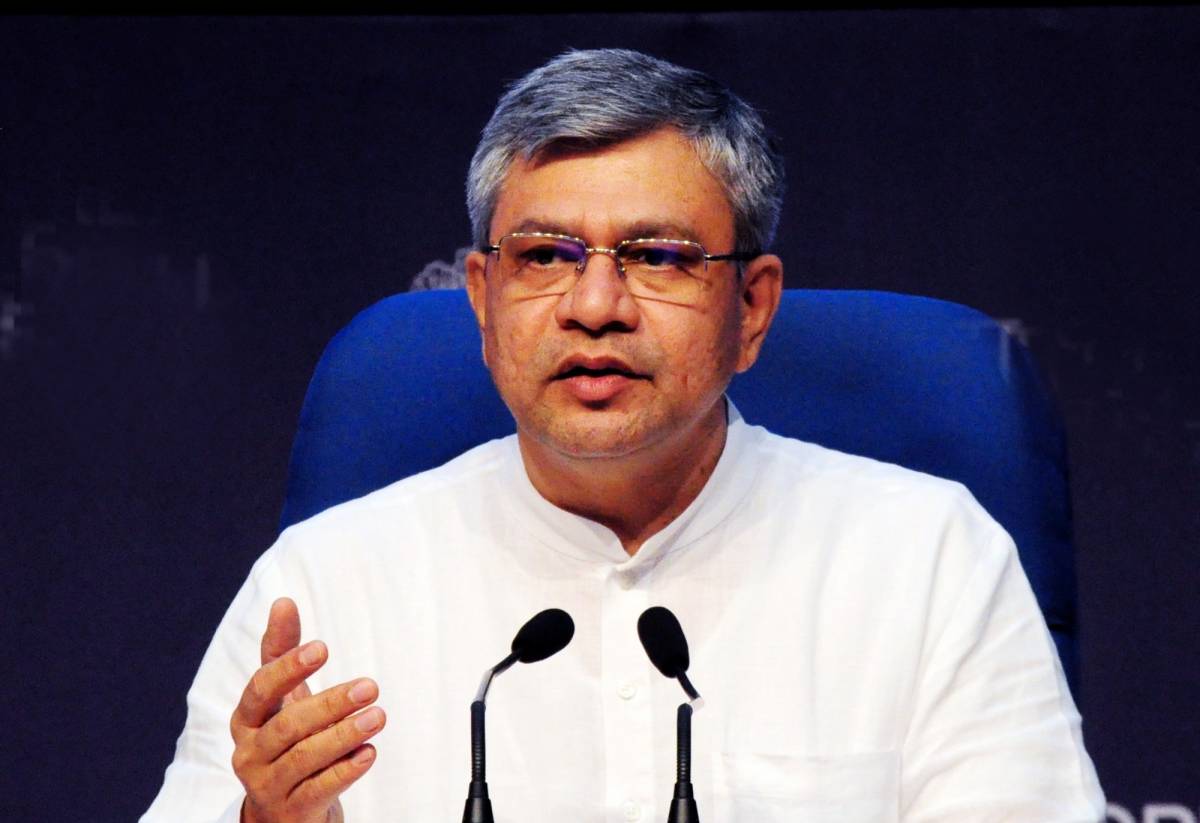The government said that the draft of the new PDP Bill is almost ready that will protect the digital privacy of individuals…reports Asian Lite News
As the government withdrew the Personal Data Protection (PDP) Bill, 73 per cent of Indians don’t want non-personal data to come under the purview of the new bill, a new report showed on Monday.
While 45 per cent of Indians think that data localisation should be flexible, 55 per cent say that data transfer regulations should be flexible, according to the report by data privacy and cybersecurity services provider Tsaaro.
“We should predetermine the scope of such a draft, make it wholesome and inclusive, ready for global governance and learn from the existing legislations as they have already been implemented by taking into account the concerns and positive effects of their laws,” said Akarsh Singh, Co-founder CEO, Tsaaro.
Earlier this month, the government withdrew the contentious PDP Bill 2019 that saw 81 amendments to date, saying that it will soon introduce a new, sharper bill that fits into the comprehensive legal framework to protect the data of billions of citizens.
The government said that the draft of the new PDP Bill is almost ready that will protect the digital privacy of individuals.
The report said that 82 per cent of Indians think that video surveillance ought to be limited because it processes and collects biometric data.
“The opinion about making the legislation future ready is essential, as we are still at the stage of the debate behind it,” said Singh.
The findings showed that the new bill has to be comprehensive since our diversity and issues are way different from that of any developed country, so a full-on replica of their legislation wouldn’t be feasible.
The earlier PDP Bill drew intense scrutiny from privacy advocates, industry stakeholders and tech companies.
The Bill was first brought in 2019 and was then referred to the Joint Committee. The JCP report had identified many issues that were relevant but beyond the scope of a modern digital privacy law.

Leave a Reply